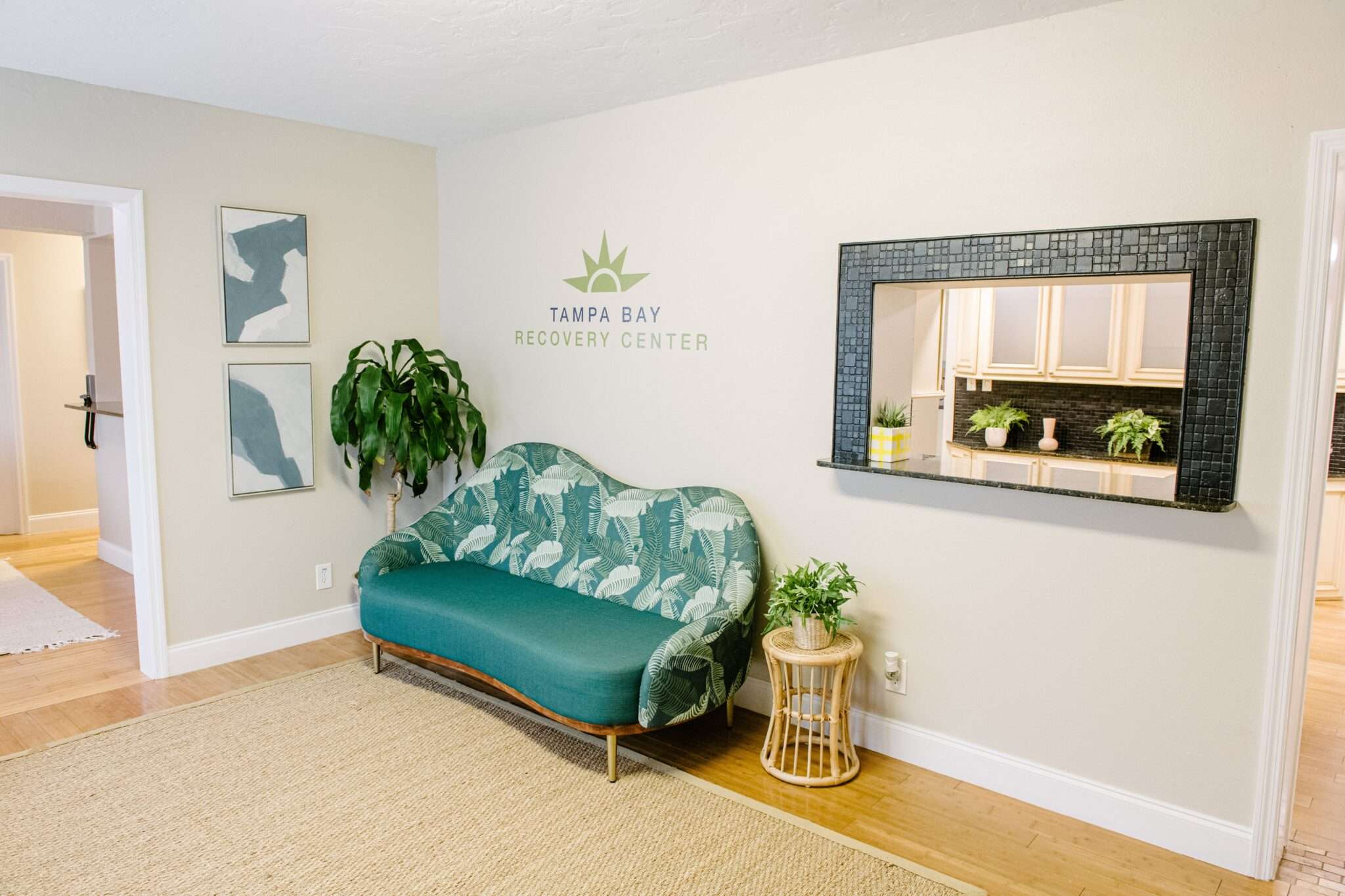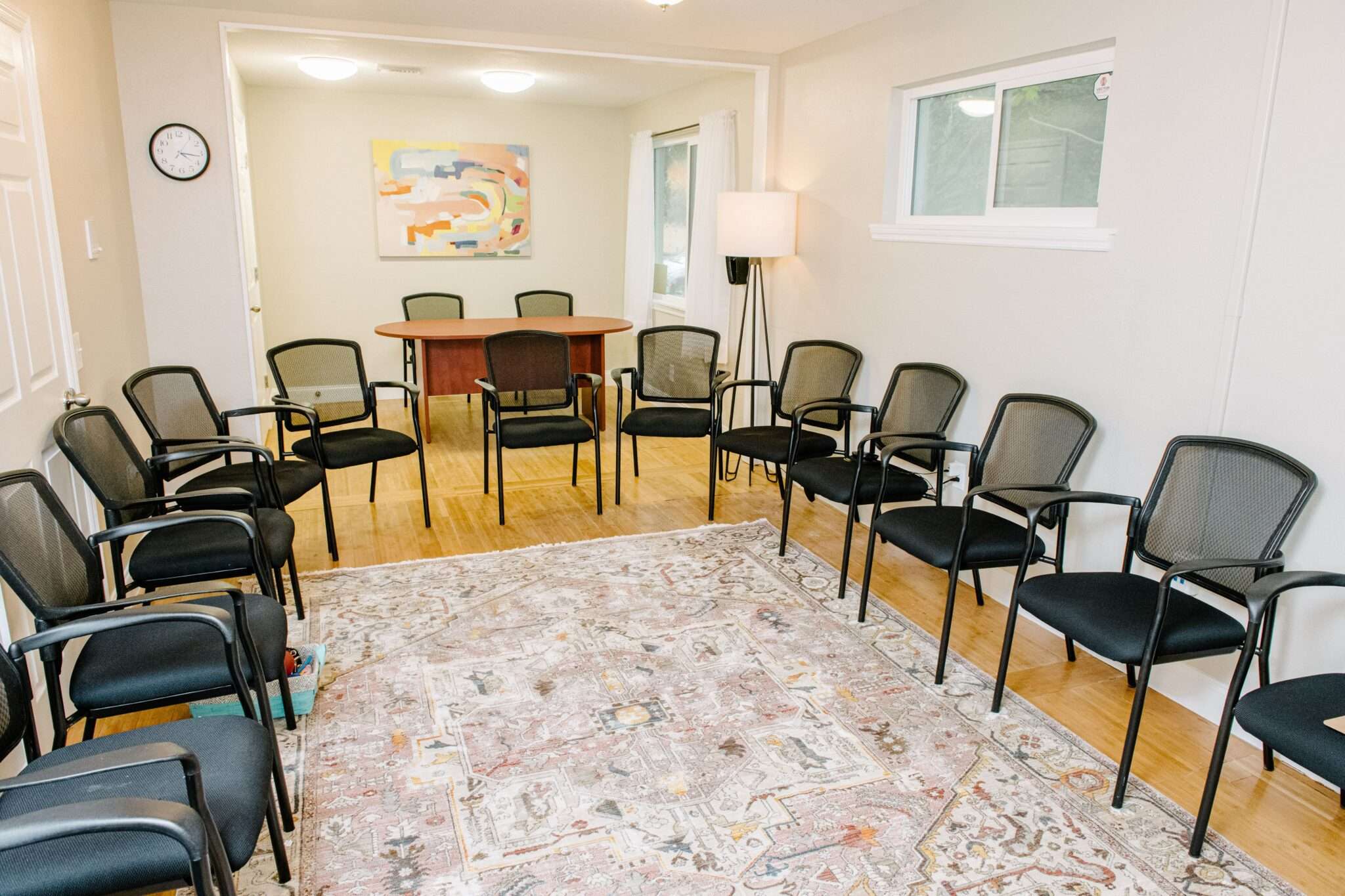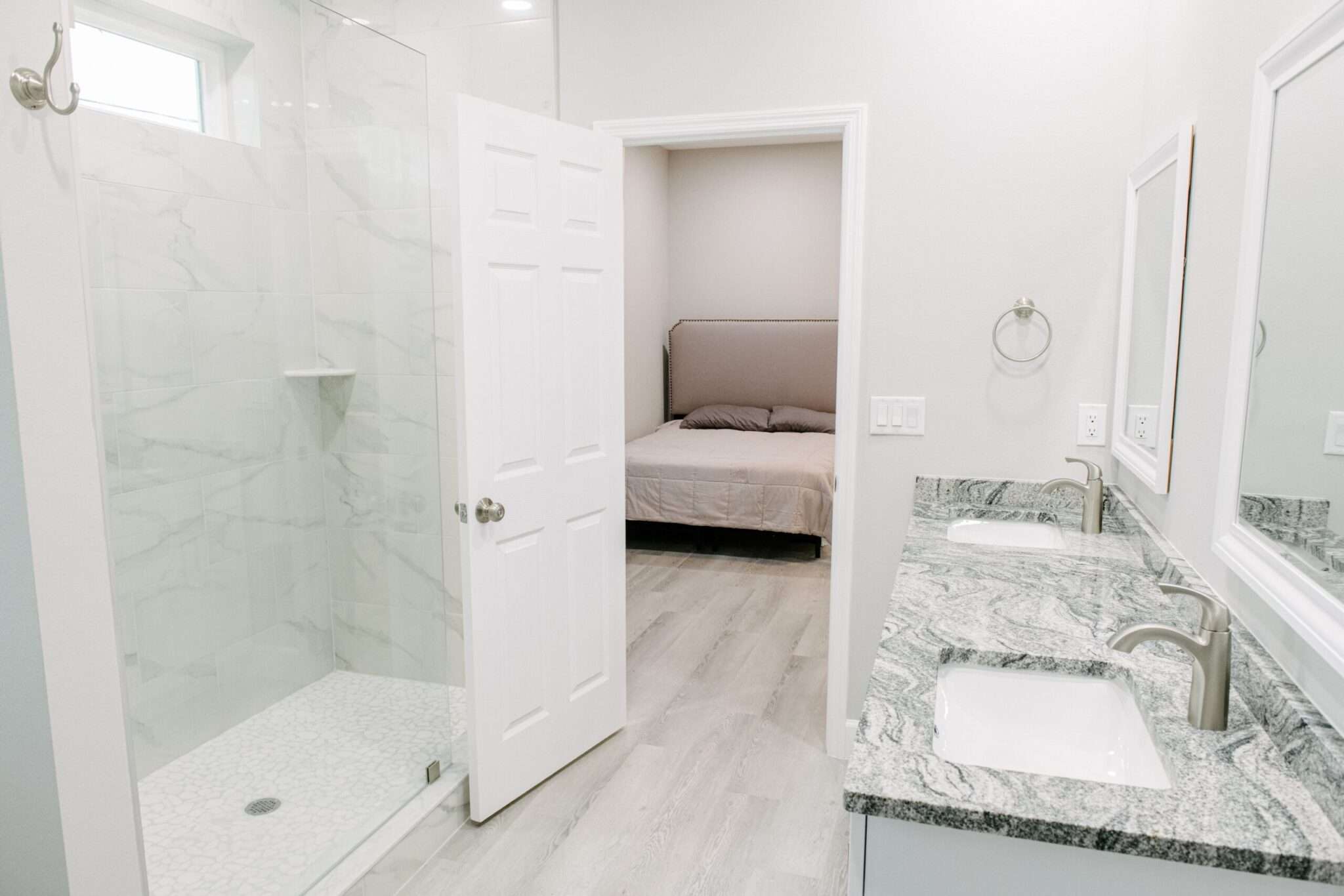The historical stigma surrounding mental illness is challenging to overcome. Long-standing myths and misconceptions often lead to stereotypes, prejudice, and discrimination against individuals with mental health diagnoses. Consequently, many people who need treatment do not receive the support they require—and even those who do often struggle to feel fully accepted.
At Gulf Coast Recovery Center, our compassionate team of mental health professionals is here to support you or your loved one. Visit our admissions page today to begin your journey toward healing.
What is the Stigma of Mental Illness?
The word “stigma” refers to a lack of respect or negative perception toward a person or group based on a particular characteristic. In the context of mental illness, stigma manifests as a general lack of respect for individuals with mental health conditions.
Stigma reduces a person to their mental illness, overlooking their full identity. Instead of acknowledging a person as having a mental health condition, they are labeled by the condition itself. For example:
- Stigmatizing Label: “He is schizo.”
- Respectful Language: “He has symptoms of psychosis from schizophrenia.”
Other examples of stigma include calling someone “crazy,” “psychotic,” or “loony.” Additionally, perpetuating myths and misconceptions about mental illness contributes to this stigma.
Types of Stigma: Stereotypes/Prejudice vs. Discrimination
Stigma can be broadly categorized into two types:
- Stereotypes/Prejudice:
- A stereotype is a fixed, oversimplified belief about a person or group, often based on shared traits. This preconceived opinion is not based on personal experience and is also known as prejudice.
- Discrimination:
- Discrimination occurs when stereotypes or prejudice lead to unfair treatment of an individual or group. For instance, refusing to rent an apartment or offer a job to someone solely because of their mental illness is an act of discrimination.
Both stereotypes and discrimination contribute to harmful attitudes, beliefs, and behaviors that negatively affect individuals with mental health conditions.
How Does Stigma Harm People With Mental Illness?
A study published in the Cureus Journal of Medical Science (2023) identifies five ways stigma harms individuals with mental illnesses:
1. Delayed Treatment-Seeking Behavior
Due to stigma, many people delay or avoid seeking treatment. Concerns about being judged or treated differently often deter them from getting a diagnosis. This can result in:
- Mental health crises requiring involuntary evaluation (e.g., under the Florida Baker Act).
- Low self-esteem, legal troubles, co-occurring substance use disorders, and strained relationships.
- Worsening mental health symptoms or suicidal behaviors.
2. Social Isolation and Discrimination
The shame associated with admitting the need for help often leads individuals to isolate themselves. Stigmatizing beliefs, such as the idea that mental illness signifies “weakness,” perpetuate this isolation.
- Family members or loved ones may lack empathy due to these beliefs, further alienating the individual.
- Discrimination from employers, landlords, or law enforcement can exacerbate unemployment, homelessness, or legal issues, reinforcing feelings of exclusion.
3. Reduced Treatment Adherence
Even when individuals seek treatment, internalized stigma can prevent full engagement in their programs. This may result in:
- Discontinuing therapy sessions.
- Skipping appointments or refusing prescribed medications.
- Avoiding group therapy or other effective treatments.
4. Perpetuation of Misconceptions of the stigma of mental illness
Myths and misconceptions about mental health—such as equating mental illness with “weakness” or “dangerousness”—fuel stigma. These misconceptions:
- Limit public acceptance and compassion.
- Influence policies that underfund public mental health services.
5. Gender’s Influence on Stigma
Gender plays a role in how stigma impacts individuals. For example, societal expectations may deter men from seeking help to avoid appearing “weak.” Cultural contexts further shape how stigma manifests across different genders.
How to Combat the Historical Stigma of Mental Illness
Changing perspectives is a key step in combating stigma. Consider mental illnesses as similar to physical illnesses—requiring compassion and care. For example:
- If diagnosed with cancer, you’d likely seek support and not feel ashamed.
- Similarly, if a loved one had cancer, you’d offer help without judgment.
This mindset can reshape attitudes toward mental health. Here are additional strategies:
1. Learn More About Mental Illness
Educating yourself about mental health symptoms, prevalence, and causes can dispel harmful myths and misconceptions, reducing stigma in the process.
2. Seek or Encourage Treatment
If you or a loved one exhibits symptoms of a mental health disorder, seeking professional help can prevent worsening symptoms. Supporting others in seeking treatment fosters acceptance and reduces stigma.
3. Share Your Experiences
Openly discussing mental health struggles can:
- Challenge stereotypes.
- Reduce isolation and foster understanding within your community.
4. Join Peer Support Groups
Advocacy and peer support groups provide a sense of community and shared experiences, empowering individuals to combat stigma together.
5. Empower Yourself and Others
Shift your language around mental health by viewing it as a condition rather than a defining characteristic. For example:
- Instead of “She is bipolar,” say “She has bipolar disorder.”
- Encourage positive self-talk to reduce self-stigma and promote empowerment.
At Gulf Coast Recovery Center, we are dedicated to addressing the stigma of mental illness while providing compassionate, effective care. If you or someone you know is ready to take the next step, our team is here to help.
















